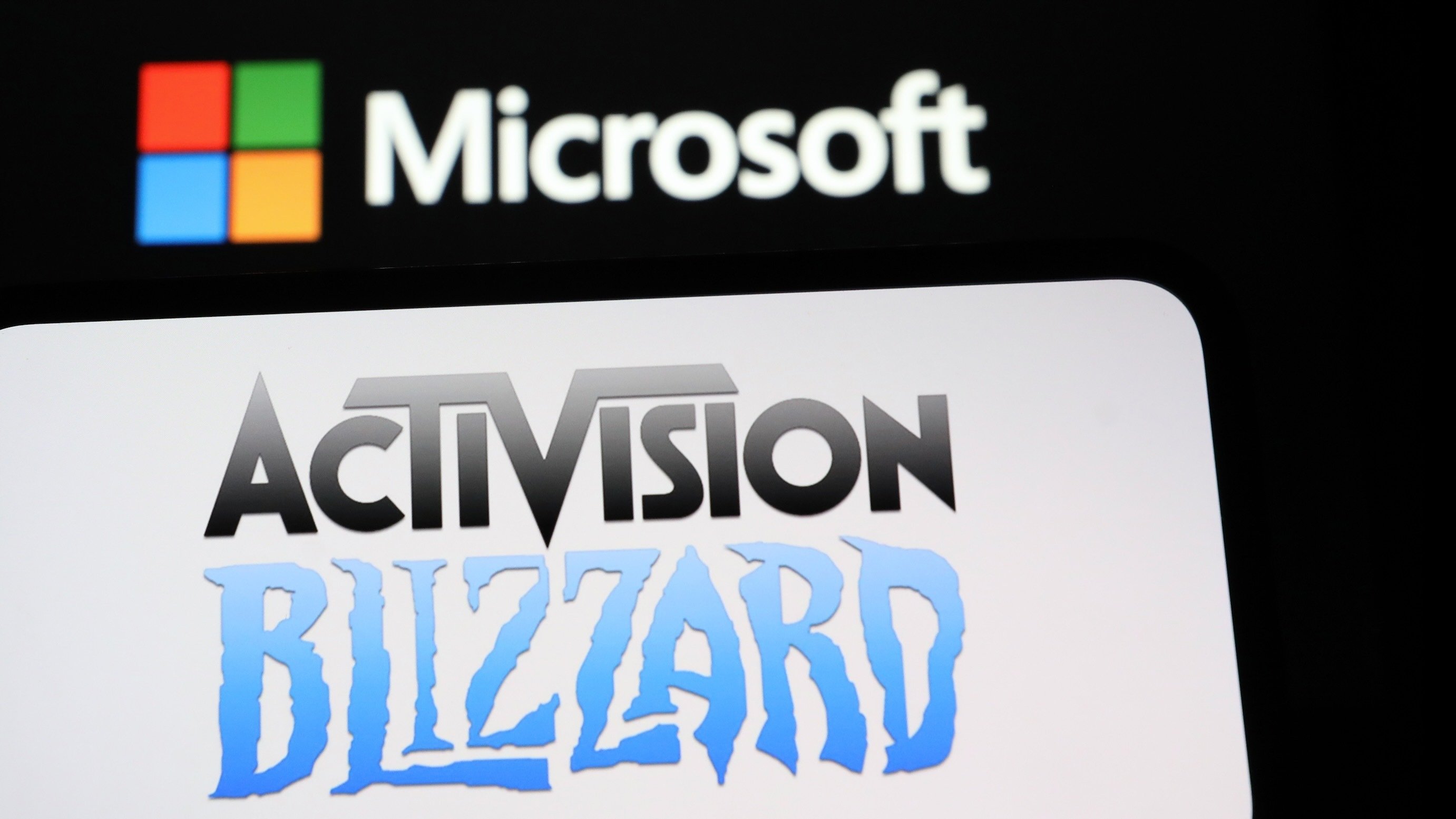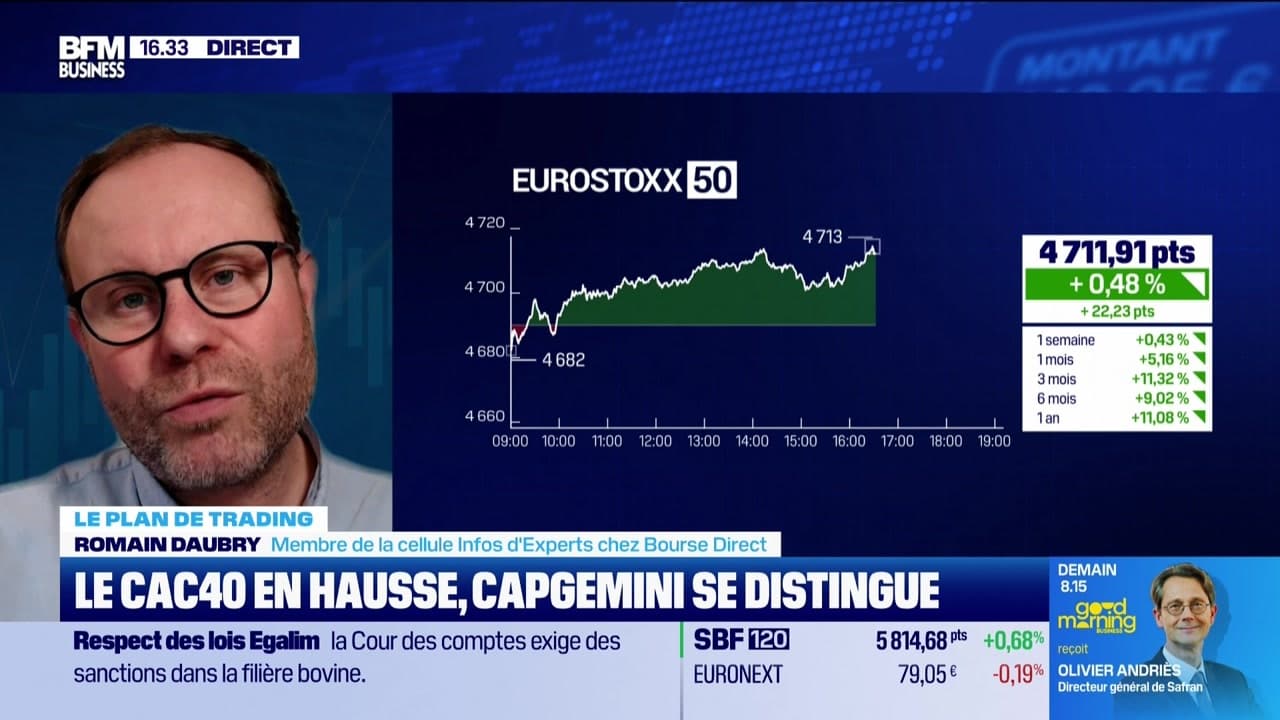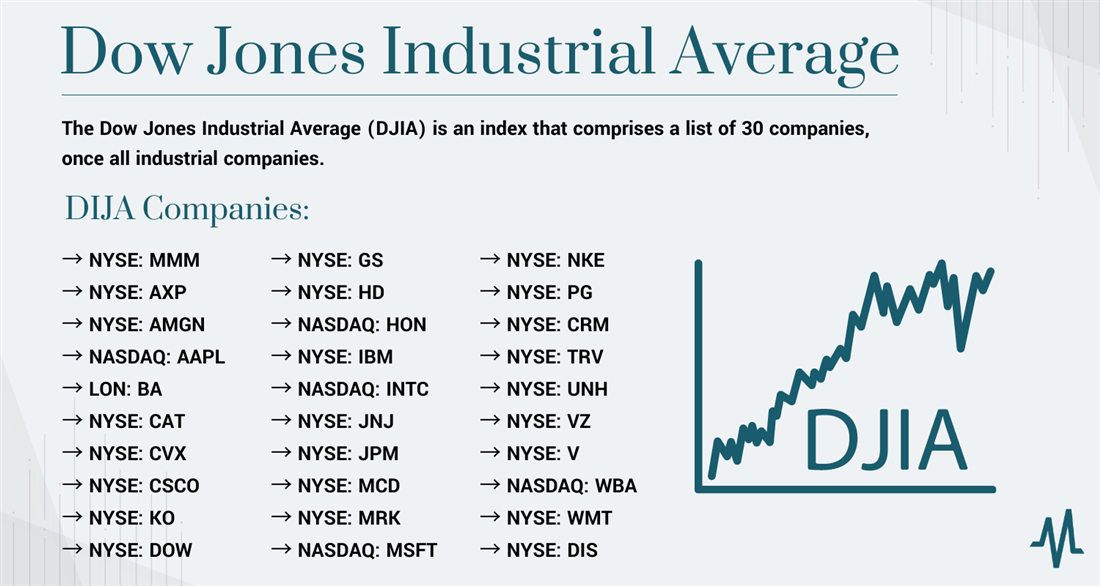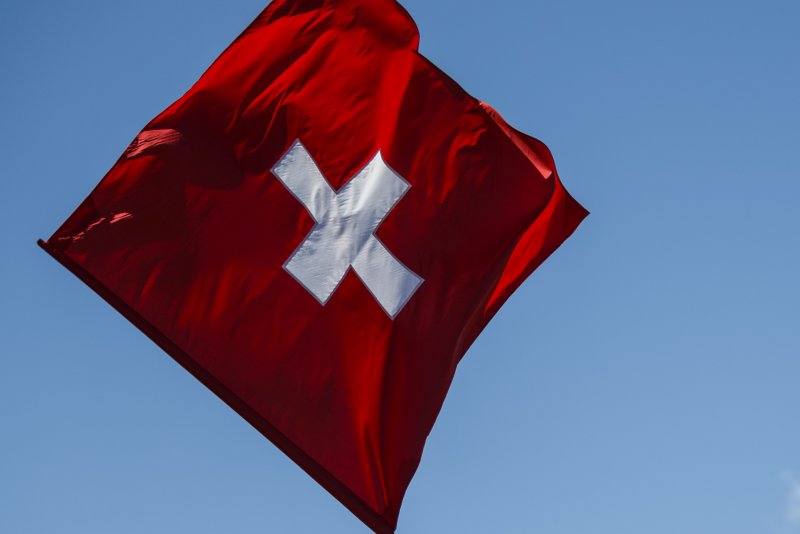FTC's Appeal Against Microsoft's Activision Blizzard Purchase

Table of Contents
The FTC's Concerns Regarding the Merger
The FTC's opposition to the Microsoft-Activision Blizzard deal stems from concerns about potential anti-competitive practices and the impact on the gaming market.
Anti-competitive Practices
The FTC's primary argument centers on the potential for Microsoft to leverage its control over Activision Blizzard's vast portfolio, especially the immensely popular Call of Duty franchise, to stifle competition. They argue this acquisition could lead to:
- Exclusive Content: Microsoft might make Call of Duty and other Activision Blizzard titles exclusive to its Xbox ecosystem, disadvantaging PlayStation and other platforms. This could drive gamers to the Xbox ecosystem and damage competitors.
- Higher Prices: With less competition, Microsoft could potentially increase prices for Activision Blizzard games, harming consumers.
- Reduced Innovation: A lack of competition can lead to less innovation and fewer choices for gamers.
These concerns align with established antitrust laws and precedents, such as the Clayton Act, designed to prevent monopolies and maintain a competitive marketplace. The FTC's legal strategy points to a potential precedent-setting case regarding the acquisition of dominant game franchises.
Impact on Game Streaming Services
The FTC also expresses serious concerns about Microsoft's potential dominance in the cloud gaming market. Microsoft's Game Pass subscription service, coupled with Activision Blizzard's content, could give Microsoft an insurmountable advantage over competitors.
- Market Domination: The combination of Xbox Game Pass and Activision Blizzard's catalog of games could significantly increase Microsoft's market share in cloud gaming, potentially pushing out smaller competitors.
- Competitive Exclusion: Smaller companies might struggle to compete with a platform offering such a diverse and extensive game library.
- Reduced Consumer Choice: The long-term effects could limit the choice of games and subscription services available to consumers.
The FTC likely points to market share data demonstrating Microsoft's growing presence in the gaming market to support its claims.
Microsoft's Defense of the Acquisition
Microsoft has vigorously defended its acquisition, arguing against the FTC's claims and highlighting potential benefits for gamers.
Arguments Against Anti-competitive Claims
Microsoft has countered the FTC's assertions by emphasizing its commitment to keeping Call of Duty available on PlayStation and other platforms. Key points of their defense strategy include:
- Long-term Contracts: Microsoft has publicly pledged to maintain Call of Duty on PlayStation through long-term contractual agreements.
- Maintaining Competition: Microsoft argues that the merger will actually increase competition by fostering innovation and expanding the market.
- Benefits to Developers: The acquisition could potentially benefit game developers by providing them with more resources and opportunities.
Microsoft's official statements consistently reinforce these points, aiming to showcase the deal's positive impact on the gaming industry.
Benefits of the Merger for Consumers
Microsoft has also highlighted several potential benefits for consumers, including:
- Expanded Game Catalog: Game Pass subscribers could gain access to a wider variety of games.
- Increased Innovation: The merger could lead to greater investments in game development and technology, resulting in better games for players.
- Potential Price Reductions: Though unlikely to be a primary argument, Microsoft could suggest the potential for better pricing strategies over time.
The Legal Proceedings and Potential Outcomes
The legal battle between the FTC and Microsoft is ongoing, with significant implications for the future of the gaming industry.
The Legal Battle
The FTC's appeal is traversing a complex legal process, involving various stages of litigation and potential appeals.
- Timeline: The process could extend for several months, or even years, depending on court decisions and potential appeals.
- Court Decisions: Key court rulings will shape the future of the case and determine whether the merger proceeds.
- Future Actions: Depending on the court's decision, the FTC might pursue further actions, or Microsoft might appeal.
Implications for Future Mergers & Acquisitions in the Gaming Industry
This case sets a crucial precedent for future mergers and acquisitions within the gaming industry. The outcome will significantly impact:
- Regulatory Scrutiny: The FTC’s actions signal increased regulatory scrutiny of large mergers in the tech sector.
- Corporate Strategies: Companies might rethink their acquisition strategies in light of potential legal challenges.
- Industry Consolidation: The outcome will influence the pace of consolidation within the gaming industry.
Conclusion: The Future of the FTC's Appeal Against Microsoft's Activision Blizzard Purchase
The FTC's appeal against Microsoft's Activision Blizzard purchase represents a pivotal moment for the gaming industry. The FTC's concerns about anti-competitive practices and Microsoft's defense highlighting consumer benefits have created a complex legal landscape. The ultimate outcome will significantly influence the future of mergers and acquisitions within the gaming sector and set a precedent for regulatory oversight. While predicting the exact outcome remains challenging, the case highlights the growing importance of antitrust considerations in the rapidly evolving tech world. Stay informed about this ongoing legal battle by following reputable news sources and subscribing to our updates for the latest developments concerning the FTC's appeal against Microsoft's Activision Blizzard purchase. You can also learn more about the FTC and antitrust law through [link to relevant resources].

Featured Posts
-
 Trump Agenda Undermined Hegseth Points To Leaks And Sabotage
Apr 23, 2025
Trump Agenda Undermined Hegseth Points To Leaks And Sabotage
Apr 23, 2025 -
 Les Seuils Techniques Incontournables En Alerte Trader Analyse Et Strategie
Apr 23, 2025
Les Seuils Techniques Incontournables En Alerte Trader Analyse Et Strategie
Apr 23, 2025 -
 Market Analysis Dow Futures Gold Prices And Current Economic Uncertainty
Apr 23, 2025
Market Analysis Dow Futures Gold Prices And Current Economic Uncertainty
Apr 23, 2025 -
 2025s Unsung Hero A Brewers Unexpected Clutch Hitting
Apr 23, 2025
2025s Unsung Hero A Brewers Unexpected Clutch Hitting
Apr 23, 2025 -
 Switzerland Aligns With Eu Imposes Further Sanctions On Russian Media
Apr 23, 2025
Switzerland Aligns With Eu Imposes Further Sanctions On Russian Media
Apr 23, 2025
